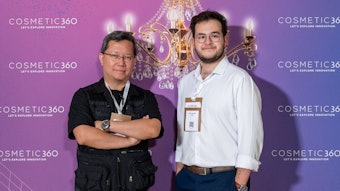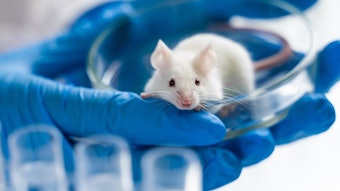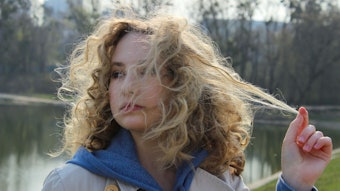The UK Royal Society of Chemistry (RSC) has reported that existing waste water treatment systems in the United Kingdom are not designed to remove chemicals in personal care products and that those chemicals are seeping into the water system. According to the report, many chemicals and their intermediary degradation products are part of most rivers.
The study called for a greater emphasis on its future quality of the UK's water. According to the society, new contaminants have entered the water system after use by the wider population. It cites the excretion of medicines and by-products, and personal heath care products such as musk perfumes.
"There are several key questions that chemists, and other scientists, are working hard on answering. How are contaminants broken down? What are the products of that breakdown? What are the properties of these breakdown products? The basic chemistry of these reactions needs to be understood to minimise risks to human and environmental health," added Jeff Hardy, PhD, energy and environment manager at the RSC. When these questions are answered, chemists reportedly will have a better understanding of how to formulate green products.
With contributions from 29 scientists, the full report investigates eight aspects of sustainable water management including resources, demands, treatment, monitoring, fate of contaminants, health, efficiency and green product design.
"Whilst many people might not be interested in what happens to their nice smelling shower gel after it has disappeared down the drain, chemists and employees of the water industry most certainly are. The chemical sciences will play a vital role in progressing us towards sustainable water management. This report tackles all of the big issues and makes 57 recommendations to those with the authority to act upon them. This represents an important first step in an RSC campaign and over the coming months and years we will be working very hard to bring these recommendations to reality," stated Hardy.










